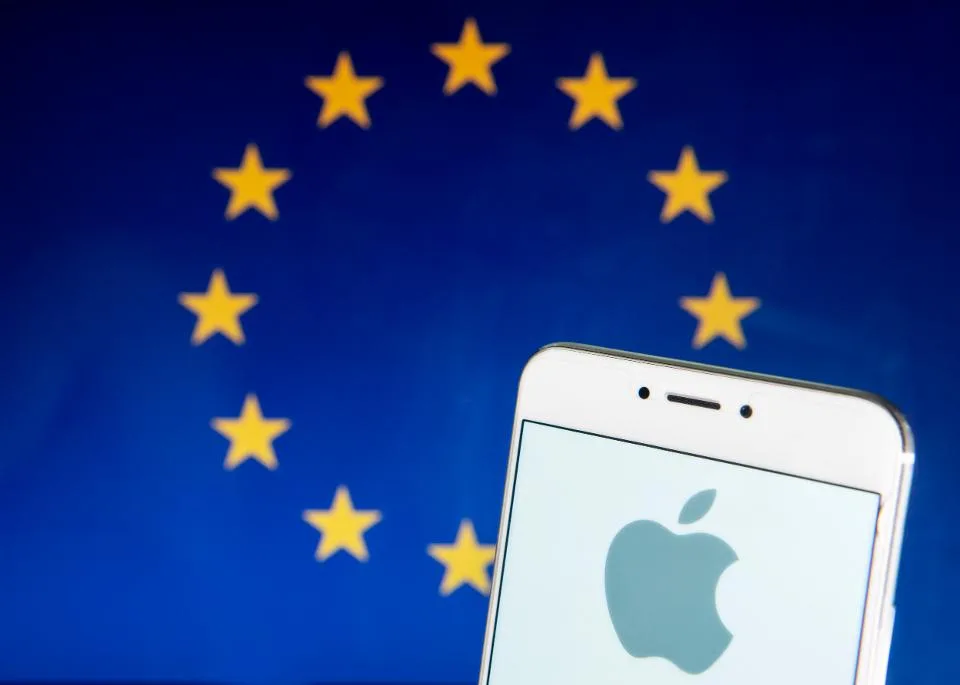Brussels – Apple is ready to undergo checks by the European Commission regarding the operating system of its tablets. The goal is to assess (carefully) whether the implemented actions conform with the obligations of the Digital Markets Act (DMA), the European law on digital markets.
With the DMA, the European Union wanted to make a strong contribution to limiting unfair competitive practices in the European digital market. The first step was identifying large companies in the digital market, defined as “gatekeepers“.
Clearly, Apple could only but be included in the list of the “big boys” with all the obligations that go with it. The tablet-related iPadOS system was included at a later date as a main platform service, with the gatekeeper obligation package extended to it as well.
To give some numbers, we are talking about platforms with revenues of at least €7.5 billion in the EU for the previous three years, market valuation of more than 75 billion, and at least 45 million end users per month, combined with 10 thousand business users in the EU. Added to this is the control of one or more platform services in at least three member states, which Apple has with AppStore or Safari.
In essence, we are talking about the digital, whose market control, if unregulated, risks becoming oligopolistic. Therefore, the Digital Markets Act has allowed for the establishment of obligations on which Apple must demonstrate compliance, as it would like to demonstrate in the report related to iPadOS.
Apple’s system has always had the characteristic of being a closed system, which has caused no small problems with the European Commission.
The openings required by the DMA, the famous “interoperability“, “pose greater risks to users and developers,” reads the report, which Apple is working on to ensure security for its customers. Apple is asked to allow its users and developers to use software external to the one connected to the company while also avoiding absorbing emerging companies with so-called killer acquisitions (which then greatly impact competitors).
There is no flexibility in the DMA on pre-installed software applications, on which Apple has made strides, going so far as to permit the deletion, “for EU users,” of all present applications (“Only Settings and (on iOS) Phone will not be deletable,” it reads).
Unexpectedly, much work has been done on greater openness to developers, users, and the non-Apple world. One interesting aspect concerns data migration between devices, on which the American giant had always maintained the most marked isolation. The report shows that “Apple is developing a solution to help mobile operating system vendors develop easier ways to transfer data from an iPhone or iPad to a non-Apple phone or tablet. Apple plans to make this solution available by the fall of 2025.”
In addition to those already mentioned, numerous violations have been identified in the DMA, such as requiring app developers to use certain services to appear in app stores or ranking their products or services higher. The fines set go up to 10 per cent of global turnover and 20 per cent in case of recidivism.
Companies are better off sticking to the obligations, on whose assessment the Commission has the final say as the “watchdog” of enforcement. The Cupertino-located giant necessarily had to heed the ‘ear-pulling’ from Brussels, which had already emphasized the need for Apple users to set their preferred web browser, have alternative app stores, and allow even accessory devices full functionality on the operating system.
Apple has already been in trouble in the EU because of its tendency to adopt policies that abuse its dominant position. The EU and European competition laws did not like Apple’s tendency to impede (indirectly) its users from using third-party apps and not its own, costing it a 1.8 billion fine in the Apple-Spotify case. Or the inability of third-party developers to access iPhone technologies, as in the NFC tag case at the core of digital wallets.
European rules on digital markets are not intended to leave room for companies to be able to maintain unfair control over their share of the market. The Commission will now have to review the report submitted by Apple on iPadOS and decide whether the company’s measures are appropriate and in accordance with the DMA. If not, enforcement proceedings will be initiated, and, as in previous cases, no discounts will be given.
English version by the Translation Service of Withub







